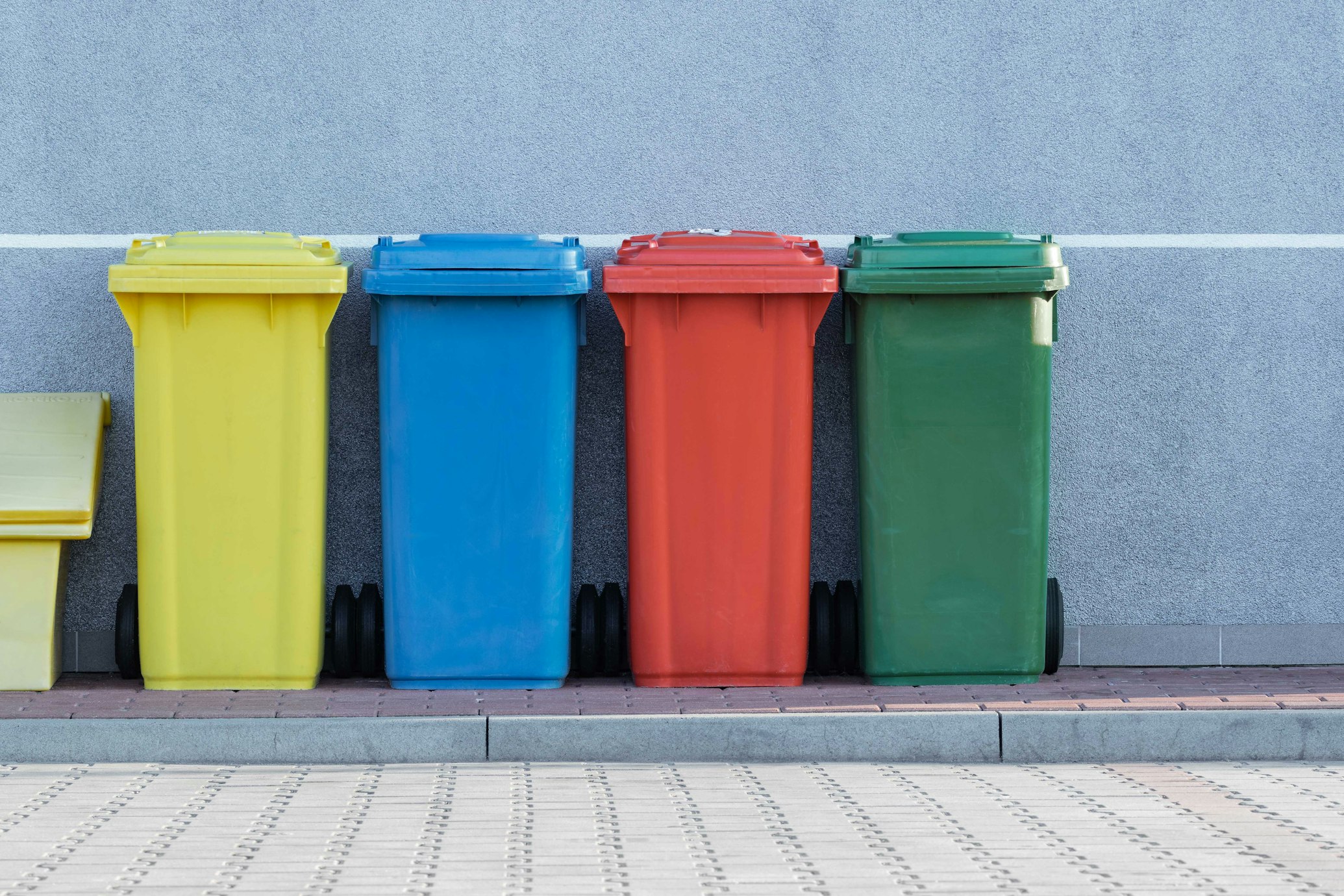All official European Union website addresses are in the europa.eu domain.
See all EU institutions and bodiesThe total recycling capacity has increased in the EU from 2 million tonnes in 1996 to 6 million in 2017 and over 13 million tonnes in 2023.
Mechanical recycling capacity for plastics has significantly increased since 1996 from 2 million tonnes to 6 million tonnes in 2017 and 13,2 million tonnes in 2023. This represents an almost seven-fold increase reflecting the investments made by the recycling industry towards more plastic recycling, possibly triggered by EU legislation entering into force in the last decade calling for more separate collection of plastics for recycling. Looking at the amount of plastic waste we collect for recycling in the EU, until recently there was not enough capacity to process that waste. This means that the EU was not self-sufficient and EU waste operators were forced to export waste for recycling. But since mechanical recycling capacity has been increasing faster than the plastic waste collected, the EU is now has the capacity to process all of the waste it collects for mechanical recycling, which is a significant milestone. In 2022 mechanical recycling capacity was higher than the amount of plastic collected for recycling in Europe. This indicates that Europe, on a regional level, has the capacity to handle all the plastics waste collected for recycling. However, the EU still exports plastic waste to other regions; despite the increase in mechanical recycling capacity, plastic waste exports grew in 2023 for the first time in several years. This indicated that mechanical recycling capacity is not the only limiting factor for plastic waste to be recycled in the EU. Market factors such as the cost of recycling (affected by increasing energy prices) and price for exporting also plays in.
The amount of plastics mechanically processed for recycling does not lead to equally to the actual amount of recycled plastics produced. Due to losses in plastic waste processing, the plastic recyclates produced by mechanical recycling plants were only about 65% of the plastic waste entering such
- ↵
- ↵Plastics recycling. https://www.plasticsrecyclers.eu/plastic-recycling/how/
- ↵Circular Plastics Alliance. https://ec.europa.eu/growth/industry/policy/circular-plastics-alliance_en
- ↵European Strategy for Plastics. https://ec.europa.eu/environment/circular-economy/pdf/plastics-strategy-brochure.pdf
- Circular Plastics Alliance – Roadmap to 10 Mt recycled content by 2025. 2021.↵





